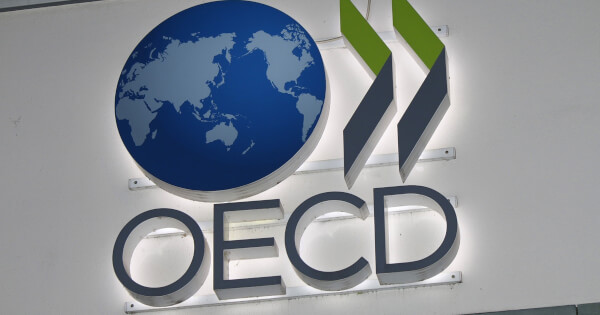OECD Will Launch International Crypto Tax Standards in 2021 says Tax Director
The director of the OECD’s Centre for Tax Policy and Administration has revealed that the Organization for Economic Co-operation and Development (OECD) will release international tax reporting standard for crypto assets in 2021.

Pascal Saint-Amans, the director of the OECD’s tax center has reported that the OECD, a group of 37 nations working towards global economic co-operation, will introduce an international reporting standard for cryptocurrency tax declaration by the end of next year.
According to an article in Law360 on Nov 26, the OECD tax director said that the coming crypto tax standard would be the equivalent of a ‘common reporting standard (CRS)’ and is being developed by the OECD to tackle tax evasion and fraud.
Amans said that the likely development of the common reporting standard for crypto tax is due to the member countries’ desire to find consensus on crypto regulation. He said, “The timeline to deliver is probably '21, sometime in '21, because there is an appetite by all countries now."
The news of the potential OECD crypto tax CRS comes shortly after the European Commission (EC) began its overhaul of its tax evasion laws regarding cryptocurrency and digital assets. The EC published its proposal on Nov 23 and the commission is awaiting public feedback with a Dec. 21 deadline—the new crypto tax laws expected by the third quarter of 2021.
Amans believes the OECD will be able to establish its tax standard before Europe and the OECD director sees an opportunity for the EU to align their own new legislation with the OECD’s 37 member nations.
While two major regulatory bodies working on regulations in silos could potentially result in contrasting policy positions between the OECD and the EC—a point of concern in regulation that was highlighted in the European Parliament’s briefing entitled, Digital Taxation: State of Play and Way Forward.
The director of the OECD’s Centre for Tax Policy and Administration, Amans has asserted that this contradiction in policy is unlikely and that the OECD’s own proposal would likely complement the EU crypto regulations. An EC spokesperson asserted in the report that they are working with the OECD to avoid any inconsistencies in policy as much as possible but the “specific situation of the EU and its member states needs to be taken into account” throughout the process.
Image source: Shutterstock







